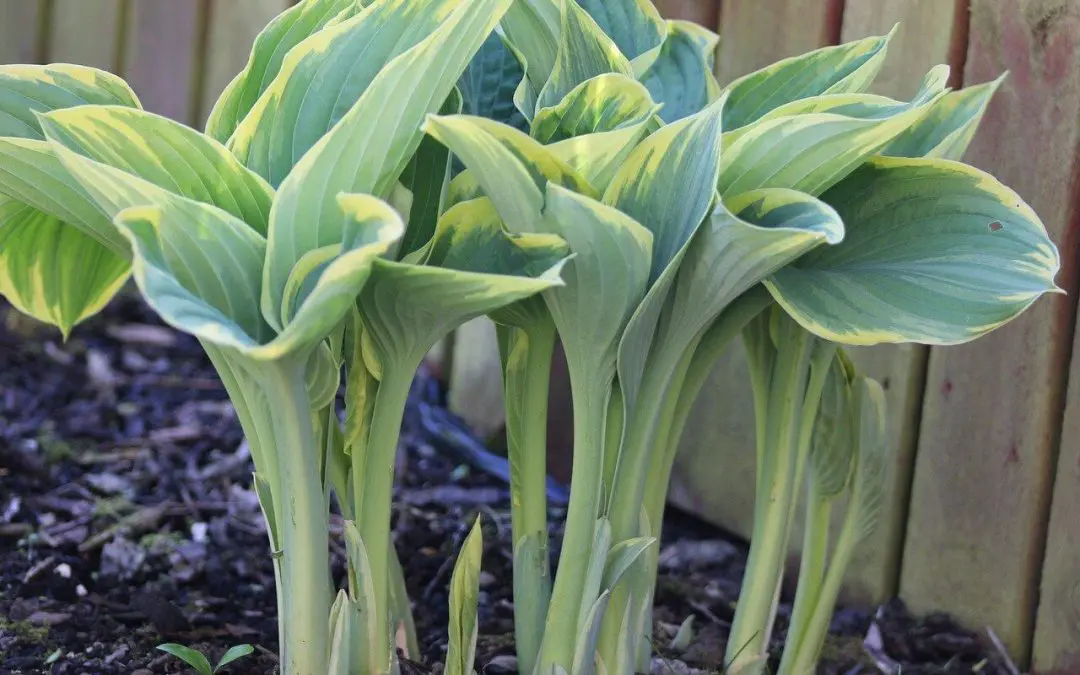Warmer weather is here, and it’s time to get the garden beds ready for the upcoming season. Whether you’re an experienced gardener or just getting started, here are a few tips to prepare your garden for spring.
Clean the Garden to Prepare for Spring
Over the winter months, fallen leaves, dead plants, and branches may have accumulated in the garden. Remove the debris to create a clean slate for the upcoming season. By clearing away debris and weeds, you can determine the state of the garden and identify problem areas. Additionally, cleaning the area helps prevent the spread of diseases and pests that may have overwintered in the debris.
Prune Old Growth
During winter, plants can be damaged by harsh weather conditions or diseases. Inspecting them will help identify damaged or diseased parts so you can remove them before the problem spreads. Pruning plants encourages new growth and keeps them healthy throughout the growing season. Pruning should be done with clean, sharp tools to prevent damage to the plant.
Test the Soil pH to Prepare the Garden for Spring
Soil quality affects the growth and health of plants. Soil testing reveals the pH level and nutrient content. Based on the test results, adjust the soil’s pH by adding lime or sulfur to make it more acidic or alkaline. Add organic matter, compost, or fertilizer to improve the soil’s nutrient content and texture. Knowing the soil’s characteristics will lead to healthier and more productive plants.
Select Plants for Your Garden
When deciding what to plant, consider climate, soil conditions, and sun exposure. You’ll also want to consider different plants’ colors, heights, and textures. Consider whether you want to plant annuals, which you’ll plant every year, or perennials, which come back year after year. Research different plant varieties and their care requirements to ensure they will thrive in your garden.
Check for Pests
Pests damage plants and reduce their productivity, so identify and address problems before they become severe. Begin by inspecting plants for holes in leaves, wilting, or discoloration. Look for insects, eggs, or larvae on the plants or soil. If you find pests, identify them and choose an appropriate treatment method. There are many natural remedies for controlling pests, such as companion planting, introducing beneficial insects, and applying organic pesticides.
Preparing your garden for spring requires some effort, but the results are worth it. Following these tips, you’ll have a beautiful, healthy garden to enjoy all season long.
HomeVantage Home Inspections provides inspections to homebuyers and sellers in Northern New Jersey. Contact us to request our services.

